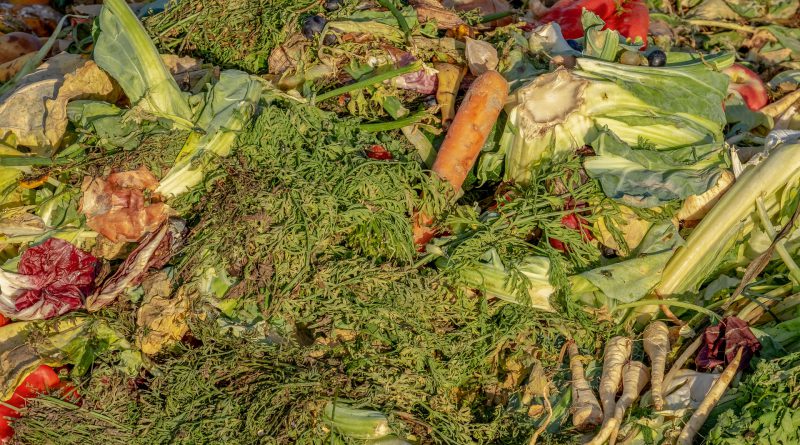Easy Steps To Plant-Based Composting At Home For Beginners
Composting is the natural process through which organic matter such as food scraps, leaves, newspapers, grass and straw are heaped together in a certain way where they are broken down to a soil-like material known as compost. This compost is a ready source of macro and micronutrients for plants and gardeners call this “black gold” because of the important role it plays in the garden.
If you have a garden or you are interested in environmentally friendly ways of disposing of your kitchen scraps, then composting is certainly a great place to start. In this process, you will get rich material that you can use to start your garden or use as potting soil for your potted plants.
Materials
Buckets. Depending on your plant-based output, I recommend you start with 3 buckets so that once one is full, then you set it aside and start on the next one.
Drill or tool you can use to make holes on the buckets
Brown matter: Straw, old newspapers, carton boxes. If you are using old newspapers or carton boxes, be sure to shred them first and remove any sellotape or adhesive materials.
Green matter: Kitchen scrap (please only use plant-based raw matter).
Procedure
Make holes on the sides and base or bottom of your buckets
Starting with the first bucket, place brown matter at the bottom.
Add some green matter.
Keep this process going alternating brown and green matter.
Once the bucket is full, set it aside.
Mix or turn the contents in the full bucket every week using your hands or a garden fork.
In between 3 – 6 months your kitchen waste will turn into dark coloured sweet smelling soil.
Troubleshooting
Foul Smell: This means you are putting unwanted matter such as eggs, meat, milk or cooked food.
Fruit flies: Always ensure to have brown mattter at the top to cover the green matter. You can also cover the compost bin with a lid (remember to put holes) to avoid this.
Ants: I normally sprinkle a little bit of cinamon to avoid ants, although they do no harm.
Rodents: You are putting unwanted matter such as meat, fish, chicken that is attracting them.
A lot of waste to compost: Just increase the size of buckets. You can use the big dustbins as long as you put holes for aeration.
Compost Bin Leaking: It is too wet. Increase the quantity of brown matter and mix thoroughly. Or start a new bin and split the compost between the two bins then add dry matter (it can be dry kitchen waste, straw, torn up newspapers).
It takes too long for final product: It’s worth the wait fam. Plus you can even sell it! Ka ching!!

